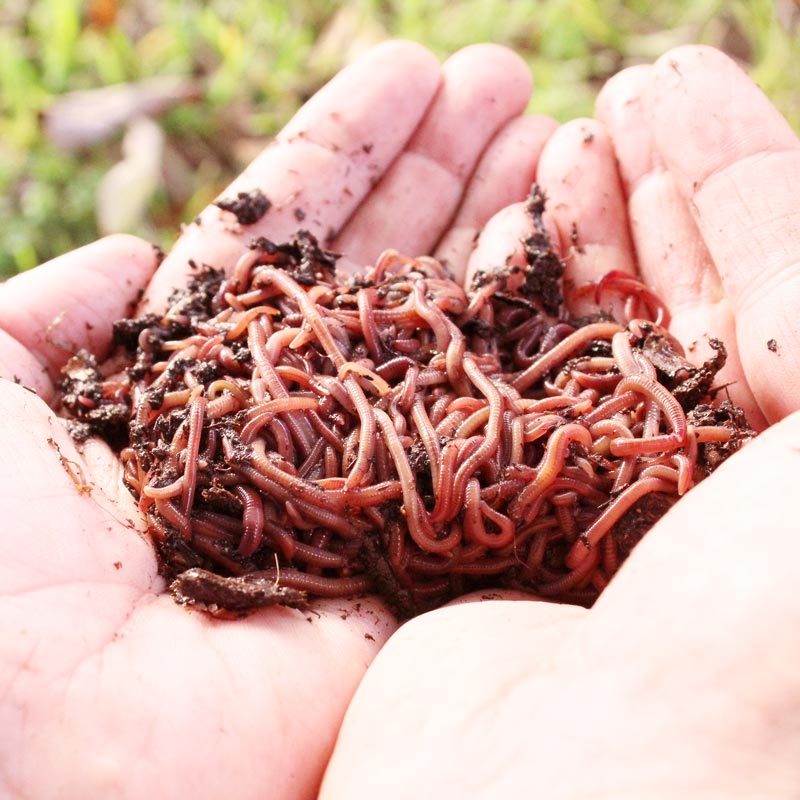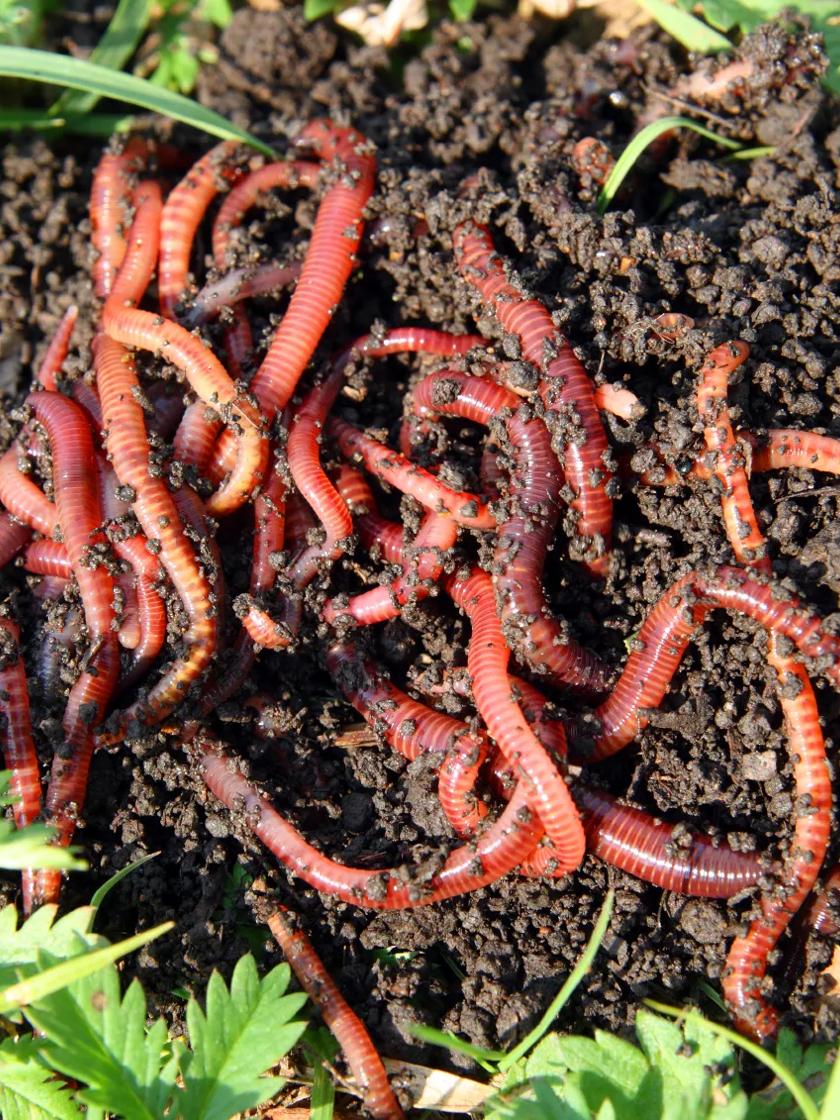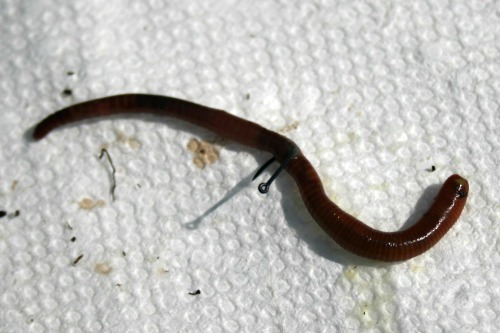Take Care of Your Lawn with the Best Products from Lake Hickory Bait
Take Care of Your Lawn with the Best Products from Lake Hickory Bait
Blog Article
Red Wigglers: The Unsung Heroes of Organic Waste Recycling
Red wigglers, or Eisenia fetida, act as critical agents in the organic waste reusing procedure, changing thrown out materials into important vermicompost. Their effective failure of raw material not only enhances dirt high quality but also adds to lasting waste management methods. As the globe increasingly looks for remedies to deal with waste build-up and boost agricultural productivity, comprehending the duty of these worms becomes necessary. What systems enable them to flourish in garden compost environments, and exactly how can they be efficiently made use of in both domestic and commercial setups? Discovering these questions discloses the more comprehensive effects of vermicomposting in our eco-friendly landscape.
What Are Red Wigglers?
The exceptional resilience of red wigglers, clinically referred to as Eisenia fetida, emphasizes their vital function in organic waste recycling. These tiny, reddish-brown earthworms are generally discovered in disintegrating natural matter, such as compost stacks and manure heaps. Lake Hickory Bait. Unlike various other earthworm species, red wigglers prosper in nutrient-rich environments and are extremely reliable at breaking down natural products, making them vital for vermicomposting

(Red Wiggler Express)In enhancement to their duty in waste decrease, red wigglers contribute to soil health and wellness by boosting dirt framework and oygenation through their burrowing activities (Lake Hickory Bait). Their existence in composting systems not just boosts disintegration prices but also promotes a sustainable method to lose monitoring, illustrating their importance in ecological conservation efforts
Advantages of Composting With Worms
Composting with worms, particularly red wigglers, provides many benefits that enhance both waste monitoring and soil health. These worms efficiently break down organic waste, transforming it right into nutrient-rich vermicompost that improves dirt. This process accelerates decomposition, allowing for a faster recycling of cooking area scraps and various other natural materials compared to traditional composting approaches.
In addition, the vermicompost created by red wigglers is including valuable microbes, which assist enhance soil framework, oygenation, and wetness retention. This improves the total health of plants, advertising energetic growth and increased returns in gardens and farming setups. The use of worms in composting minimizes the manufacturing of greenhouse gases, such as methane, contributing to an extra lasting waste management system.

Exactly How to Begin Vermicomposting
Establishing a vermicomposting system is a straightforward process that can produce substantial benefits for both waste administration and dirt enrichment. To begin, pick an ideal container, such as a plastic bin or wood box, with appropriate air flow openings to guarantee appropriate air movement. The measurements need to ideally be around 2 feet by 3 feet, allowing ample area for the worms to prosper.
Following, prepare bed linens product, which can include shredded paper, cardboard, or coconut coir. This bed linens ought to be dampened to produce an ideal environment for the worms. When the bedding is in place, present red wigglers (Eisenia fetida) into the bin, commonly around one pound of worms for every single square foot of surface.
Adhering to the placement of worms, add natural waste, such as fruit and veggie scraps, coffee grounds, and smashed eggshells. With these actions, you will effectively initiate a vermicomposting system that contributes to lasting waste monitoring and enhances your soil.
Preserving a Healthy And Balanced Worm Container
(Red Wiggler Express)Maintaining a worm container thriving requires normal interest and like ensure the health of the red wigglers and the efficiency of the composting procedure. Appropriate upkeep begins with keeping an eye on the moisture levels; the container should be damp but not soaked. A good policy of thumb is to maintain an uniformity comparable to a wrung-out sponge.
Oygenation is important as well. Delicately mixing the bed linens and food scraps every couple of weeks protects against compaction and makes certain that all worms have access to oxygen. In addition, it is crucial to feed the worms properly. A balanced diet plan of fruit and vegetable scraps, coffee grounds, and crushed eggshells should be provided in moderation to stay clear of overfeeding, which can bring about odors and insects.
If the container becomes too hot or cool, the worms may end up being stressed out. By faithfully taking care of these factors, one can maintain a robust and efficient worm container.
Influence On Lasting Living
The effective upkeep of a worm bin not only profits the health of red wigglers yet likewise adds significantly to sustainable living practices. By recycling organic waste, such as cooking area scraps and backyard debris, red wigglers aid draw away significant amounts of product from garbage dumps. This decrease in waste not only lowers greenhouse gas exhausts yet additionally minimizes the ecological concern related to waste monitoring.
In addition, the castings created by red wigglers work as a nutrient-rich natural plant food, enhancing soil health and promoting plant development. This all-natural choice to chemical plant foods sustains lasting agriculture and horticulture techniques, reducing reliance on synthetic inputs that can harm ecological communities. In addition, worm composting fosters understanding of waste administration, motivating individuals and areas to take on more lasting practices.

Verdict
In recap, red wigglers serve as vital contributors to organic waste reusing through their effective disintegration of natural products. By integrating vermicomposting into waste administration approaches, people and neighborhoods can considerably reduce waste while promoting environmental sustainability.
Report this page